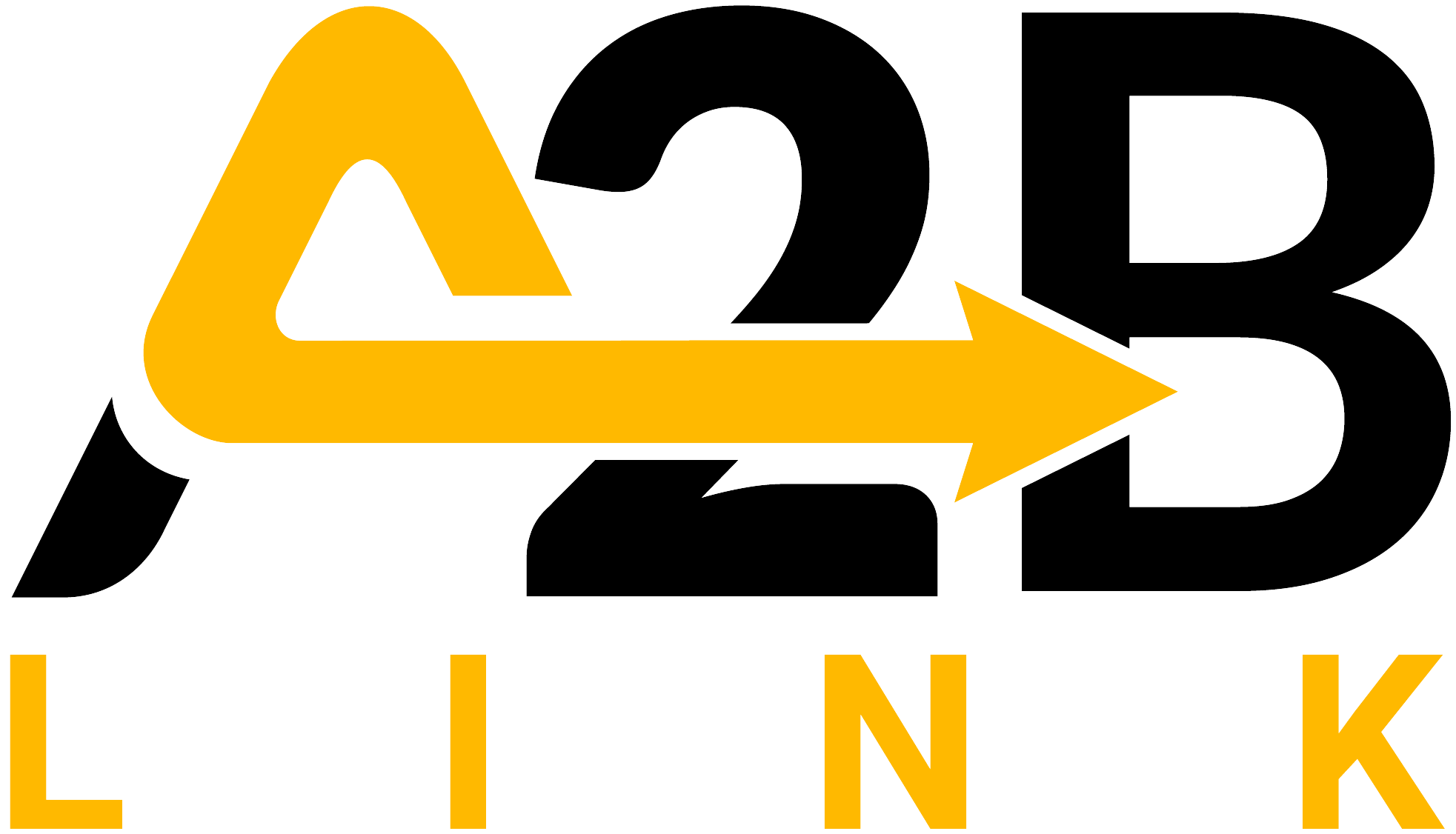The closure of Baltimore’s port following the collapse of the Francis Scott Key bridge has sent shockwaves through the U.S. automotive industry. This disruption is not just a logistical headache; it carries significant implications for both automakers and consumers alike.
Logistical Challenges and Rerouting
The Port of Baltimore plays a pivotal role in the U.S. automotive supply chain, particularly for imports from Asia and Europe. With its closure, automakers are scrambling to find alternative routes for their vehicles. This has led to heightened activity in other East Coast ports like Philadelphia, Virginia, and New York. However, rerouting supplies comes with its own set of challenges, including increased transportation costs and potential delays.
Consumer Impact
Consumers are likely to bear the brunt of the fallout from the port shutdown. As automakers incur additional expenses from rerouting shipments and face shortages of new cars, dealership sticker prices are expected to rise. The exact extent of this price increase remains uncertain, but consumers should prepare for the possibility of higher car prices in the near future.
The Road Ahead
The collapse of the Francis Scott Key bridge serves as a stark reminder of the interconnectedness of the global economy. A single breakdown in Baltimore’s infrastructure can have far-reaching consequences for dealerships, customers, and the nation’s overall logistics industry. As the automotive sector anxiously awaits the reopening of the Port of Baltimore, the focus remains on ensuring a seamless flow of vehicles to meet consumer demand.
The Baltimore port shutdown has underscored the vulnerability of the automotive supply chain and raised concerns about its stability in the face of unexpected disruptions. As stakeholders work to mitigate the impact of the closure, attention turns to finding solutions that safeguard the industry’s stability while addressing the immediate challenges at hand.
